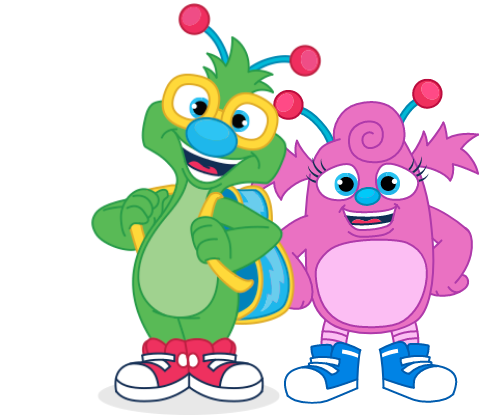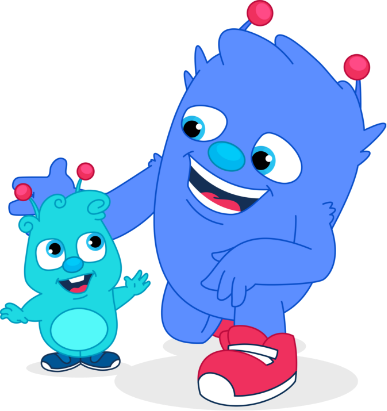July 9, 2019
Early Literacy: Am I Doing Enough?
Contributed by Jennifer Horner, Director of Education
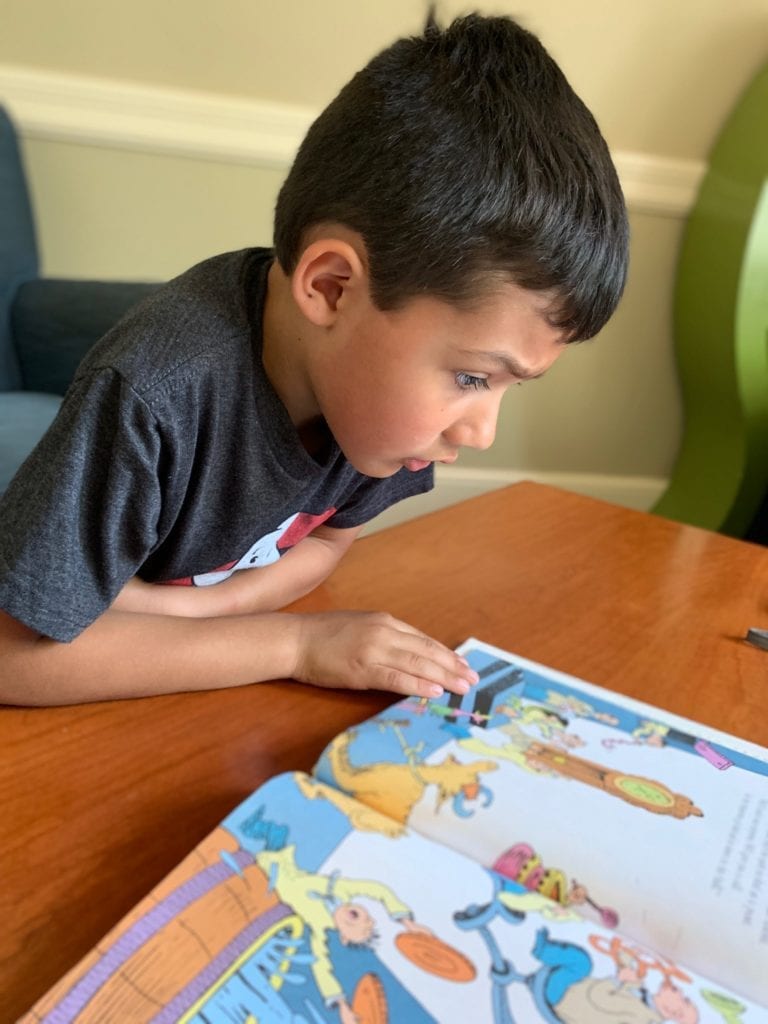
It’s been a fascinating ride to witness my almost 6 year old discover his ability to read. Though I know it’s been a gradual process of building all of the tools he needed, it seemed as though there was a moment when it “clicked” and it was like watching a light bulb go off in his head. Once he realized that he could make meaning of all of those letters, words, and spaces all by himself, his confidence took off and his eagerness to keep discovering soared. I’ll never forget the day he excitedly starting reading every store front sign from his window in the car.
“School” began for Justin at 3 months of age. He transitioned from the quiet of home to an assortment of new voices from his teachers and infant peers and their families. His learning environment nurtured his entire being with stimulating sights, sounds, textures, movement, music, and of course, books! As he grew with Doodle Bugs!, he moved into play-based letter exposure in his preschool and pre-K years before transitioning to Kindergarten.
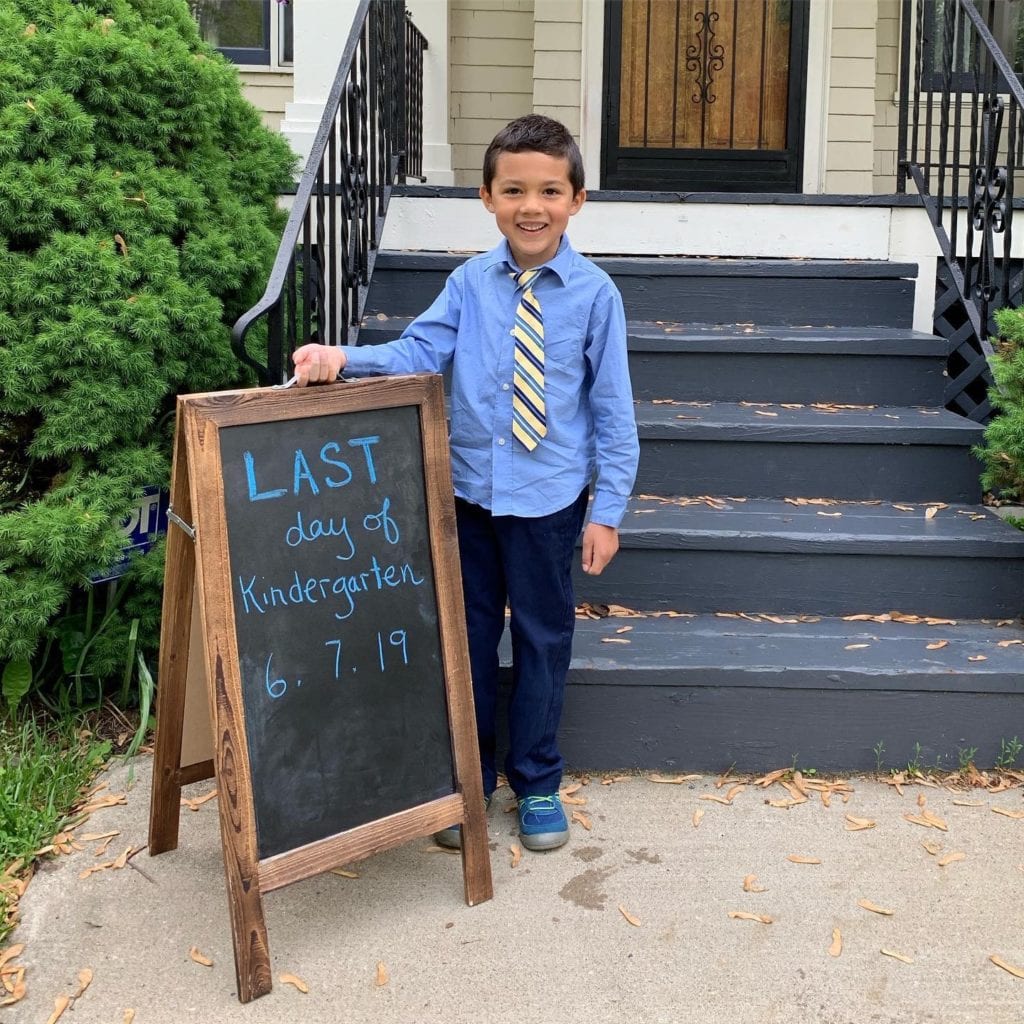
I was grateful to find a Kindergarten program that valued play as an important form of learning as much as Doodle Bugs! does. Justin’s elementary school did a great job of balancing early literacy work, project based learning and play. The Reggio-inspired project work that children were immersed in exercised critical thinking skills, problem solving, and creativity – all skills that lead to enhance literacy skills, too.
As Sarah Duddy, Head of Lower School at Elmwood Franklin School explained, “Ultimately, it is about giving students the opportunity to fall in love with books so that reading is not a taxing task for them. We want them to learn to read so that they may then begin to read to learn.”
Rewind to Justin’s early days, it’s been a wonderfully confirming experience to know that my husband and I did our best to read books with him daily even before his birth and filled his days with lots of language, eye contact, and facial expression as we described his world, asked questions, and responded to his attempts to communicate.
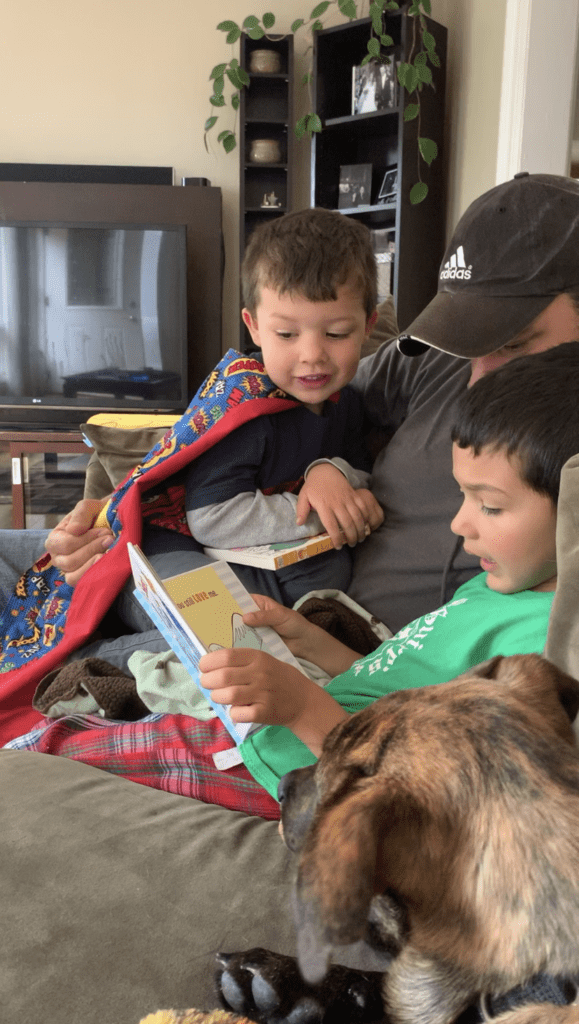
There’s a real worry in today’s parenting world that we’re not doing enough. With the surplus of gadgets, apps, subscriptions and opinion blogs, it’s nearly impossible to keep track and keep up and know what’s legit and what’s not. With the swarm of so much unknown around us, I find it comforting to know that the timeless act of curling up with a child and a pile of books is still enough, and that it’s backed by a myriad of studies.
The single most important activity for building these understandings and skills essential for reading success appears to be reading aloud to children (Wells 1985; Bus, Van Ijzendoorn, & Pellegrini 1995). High-quality book reading occurs when children feel emotionally secure (Bus & Van Ijzendoorn 1995; Bus et al. 1997) and are active participants in reading (Whitehurst et al. 1994). (Excerpted from a joint position of the International Reading Association (IRA) and the National Association for the Education of Young Children (NAEYC) and published by Reading Rockets here.
The safety and security we give children in that nurturing experience combined with the brain stimulation we give them when we connect meaning to words and pictures are the first steps in early literacy. The conversations, smiles, laughter, and connection we share with them while reading are foundational not only for future academic success, but for healthy social emotional development. In short – when we create environments and moments where children can anticipate safety, warmth, and security, they are able to learn. When children have these consistent opportunities to cuddle up and read with us, their interests and self-concept have a secure place to flourish and their confidence has a place to soar.
Fascinating sources I enjoyed discovering about the research on reading:
Learning to Read & Write: What Research Reveals – http://www.readingrockets.org/article/learning-read-and-write-what-research-reveals
The Science Of Reading Research – http://www.ascd.org/publications/educational-leadership/mar04/vol61/num06/The-Science-of-Reading-Research.aspx
Ending the Reading Wars: Reading Acquisition from Novice to Expert – https://journals.sagepub.com/doi/full/10.1177/1529100618772271

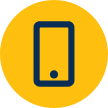 1.866.668.5111
1.866.668.5111 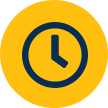 6:30 am - 6:00 pm
6:30 am - 6:00 pm 
 Give a Happy High Five!
Give a Happy High Five!

